Wine expert David Farber of Connaught Cellars tells us how to pick the perfect bottle for Christmas
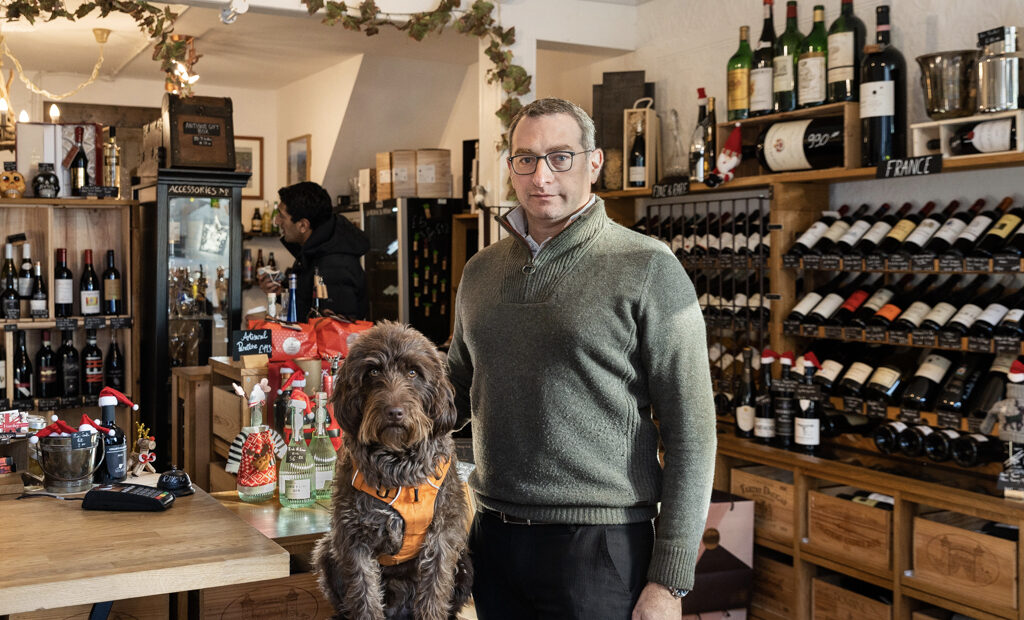
Although things are slightly different this year, many of us are still planning on spending Christmas with our family and loved ones. In preparation, we spoke to wine merchant David Farber of Connaught Cellars from London’s Connaught Village to get his festive advice on choosing the perfect bottle and pairing with food, as well as little insight into his business.
Could you just tell me a bit about your wine business?
Yes, of course. So we’ve been established for many years now, but only four years that we have been based in Connaught Village with a shop and a tasting room. We specialise in French and Italian wines and we tend to work with independent, family-owned wineries and we specialise in ready to drink bottles so we generally have bottles with more age, basically.
When would you say you first fell in love with wine?
My passion for wine came from my grandfather who was a collector. He transmitted the passion for good wine by bringing me to his cellar to help him choose the bottles or bring them to family lunches and dinners. So it’s really a family story.
With Christmas just around the corner, how important would you say wine is for celebrations and enjoying a meal?
The way we see wine, it’s really something for sharing. Sharing good moments, good times in life with your friends, with your family. This is not really something you do alone so much. You enjoy it ten times more when you share it with people that are close to you. So Christmas is a perfect example of a celebration that you spend with your closest friend or your family. For me, wine is also 100% something that goes alongside food. Of course, you can have a bit of wine as an aperitif but wine plus food is one plus one equals three. Christmas is about spending a few hours around the table and having a nice proper full meal; wine is part of it from the beginning. Have a bit of champagne to celebrate before, when people arrive. A bit white with some seafood, or fish, and then red and a bit of port with the cheese, and sweet wine. I think it’s perfect. Christmas is a really good opportunity for food and wine with your close ones. I think wine has its place to play in the celebration.
I was actually going to ask that: would you say that white wine for fish and red for meat is still quite a good rule to stick by?
Of course, it does work. Now, the opposite does work very well too. There are some fuller white wines, as long as they’re not too citrusy that go very very well with cheese, for example. That’s really excellent. And with fish, there are a lot of lighter reds. You just need to go for a light red which is not tannic. Light reds go fantastically with fish. I would recommend putting the red for like five, ten, fifteen minutes to chill in the refrigerator before, so it’s slightly chilled, then it works fantastically with fish too. So the classic combination works, but so does the reverse.
Do you think that English sparkling wine is going to find a space in the market where Champagne and Prosecco are quite dominant?
English sparkling, the quality has been improving hugely, year after year it’s improving. So, in terms of quality, it’s really getting there. It still has a bit of variation because of weather conditions year on year. For example, the wine which will be produced in the 2018 harvest will be absolutely amazing. They will be like, absolutely incredible. While the one from 2019 will be quite poor actually, because of the weather conditions. So there’s a bit of variation year on year. Now, overall the quality is amazing. I think the issue with English sparkling wine at this point in time is more in terms of market positioning, in terms of pricing. They sell it at exactly the same price as good champagne. So when people have the choice, if they want something cheaper, they’re going to go for prosecco, and if they have money to spend on a bottle, the choice is going to be between the champagne and English sparkling. If they priced it in between, in the middle, then they could grab a much bigger market share. Now, because of the cost of the land, the cost of the label, the yield, I’m not saying they can price it differently, but that’s one of the difficulties they’re facing. But it’s still a young industry, and hopefully in a few years they’re going to be a bit more efficient and the prices might be able to reflect that.
What tips do you have for someone trying to pick a bottle of wine out as a present? Do you think that champagne is always a safe bet? Or do you think red can be a good choice?
I think if you don’t know what the person likes or drinks, champagne is always a safe bet because it’s very festive and this is something you can keep for an occasion like a birthday or an anniversary, etc. If you go for red, of course, if you know what the person likes to drink, that’s one thing; if you don’t know what they like to drink, I would say stay classic. The main regions like Bordeaux, Burgundy, Barolo, Chianti, you know, don’t go too out of the beaten path. I mean, there are amazing wines, but everyone has personal taste; they might not know about this wine, what to open it with in terms of the meal, etc. So stay classic.
Speaking of classic regions, which regions would you say are underrated compared to those and what would you recommend trying?
There are so many. There’s wine from the Rhone Valley, Châteauneuf-du-Pape etc which are still very good value. Basically, in each of the top regions like Burgundy or Barolo, there are small places which are lesser-known, which are small villages which are just a few miles away that produce the same type of wines. But you don’t pay for the brand like you do with Sancerre, for example, so you will find some very equivalent wine for much cheaper because you don’t pay for the brand value of the town or city which is better known.
What advice would you give someone buying wine as a present who doesn’t really know a lot about wine?
Well, I think people like us, who shop like us, still have a space in the market where the global tendency is to buy online for everything. Or if you compare to supermarkets or big chains where you don’t have staff who know and can give you advice. Everyone that comes into the shop, we ask a few easy questions in terms of what they like, if it’s for an aperitif or with food, what sort of food. Is it something light, something fuller, something medium? And what’s the price range? Then we can really recommend bottles. So I think that’s where independent wine shops still have a space and a lot of added value.
Final question: what’s the best bottle of wine you’ve ever had?
The best bottle of wine I’ve ever had. I mean, I’m lucky enough for my job to be able to drink some good and relatively expensive fine wine. So I will pick one which is also a famous name: it’s Mouton Rothschild 1982, which is a legendary wine and is properly incredible.
Lilly Subbotin
Photos: Filippo L’Astorina
Connaught Cellars is at 8 Porchester Place London W2 2BS. Fur further information and to order wine call 020 7930 6211 or visit their shop here.

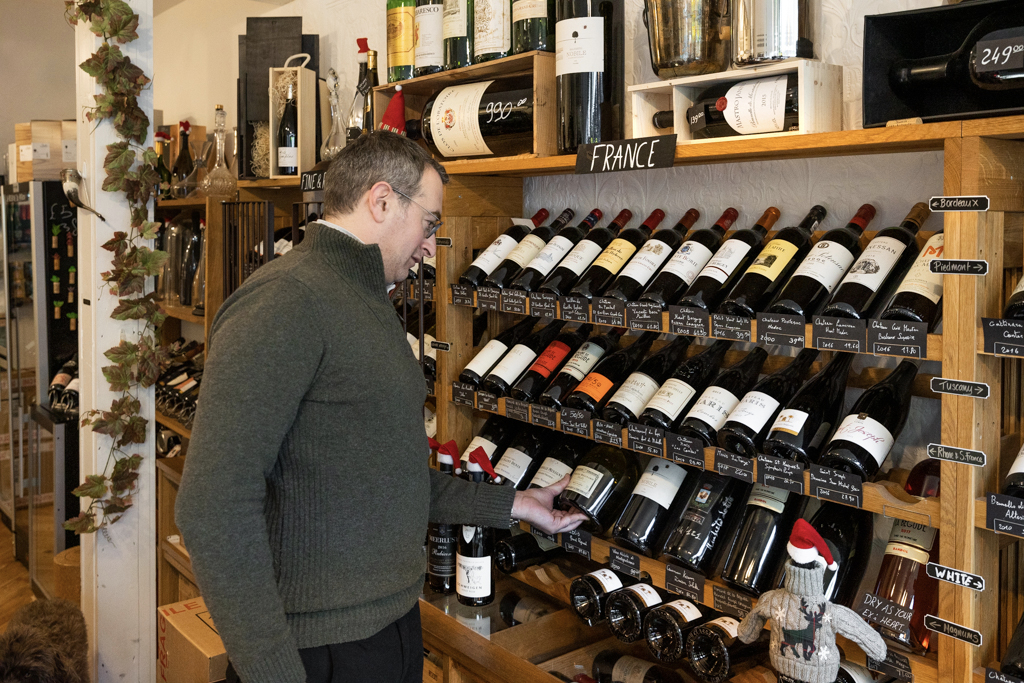
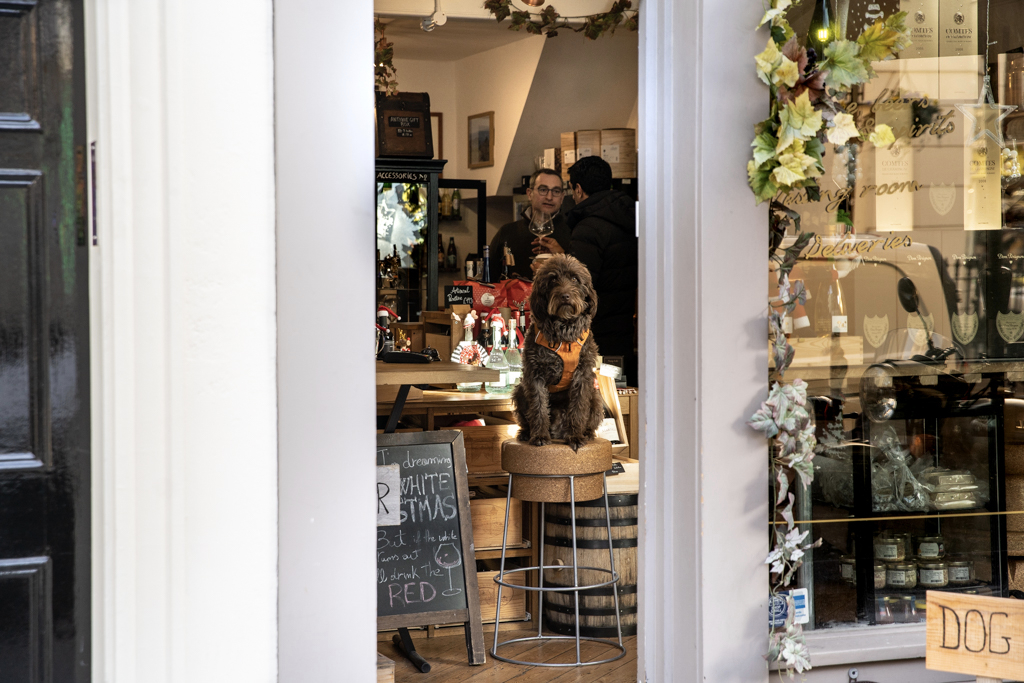
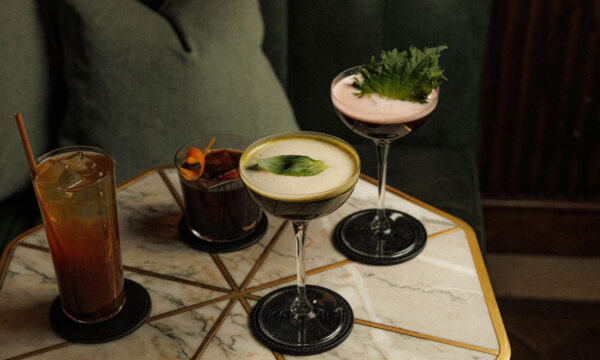
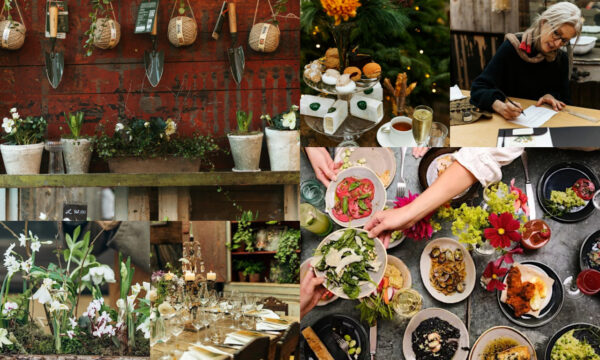
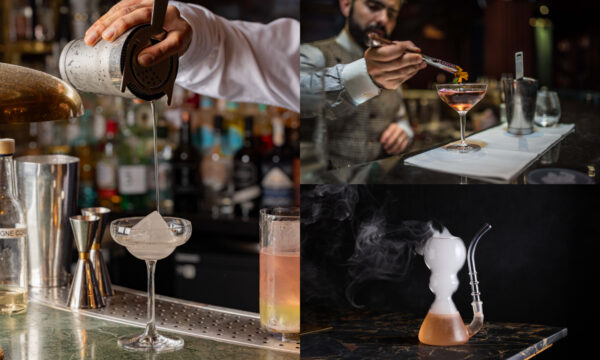

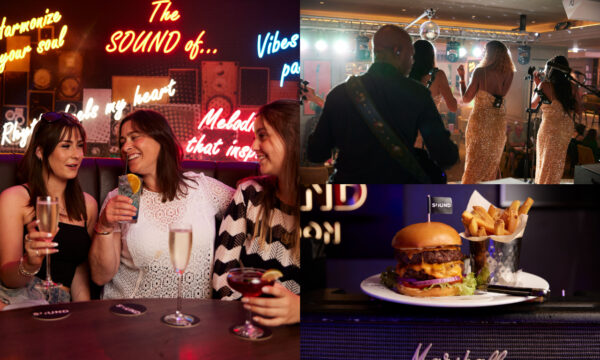
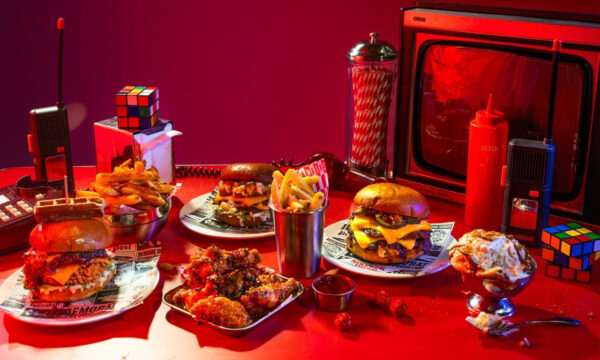
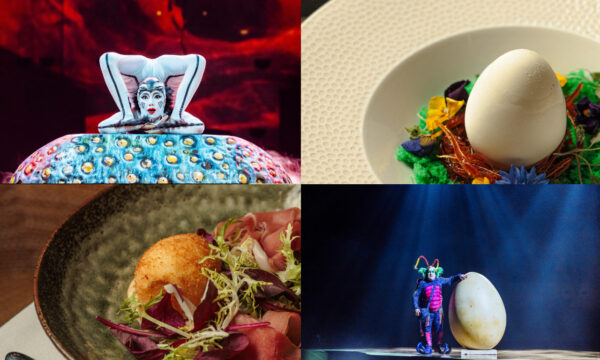
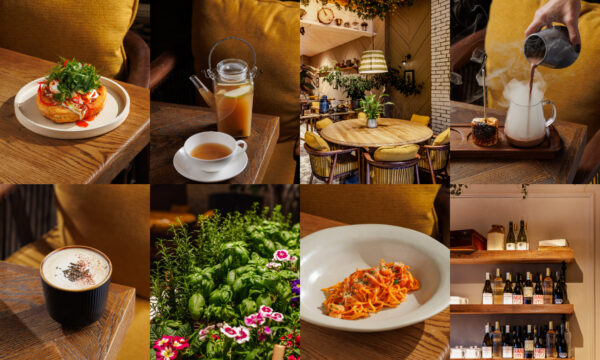


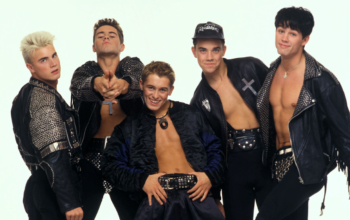

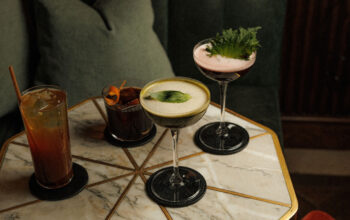
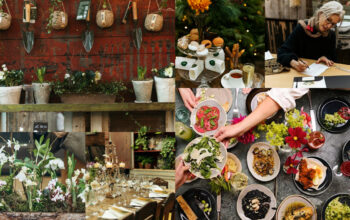
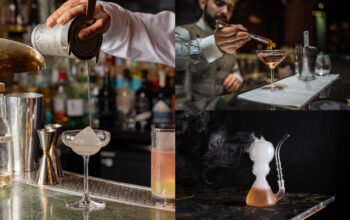


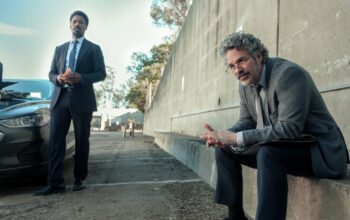
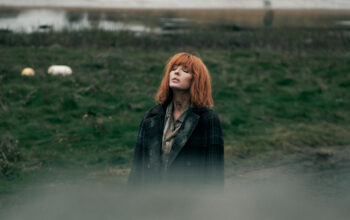
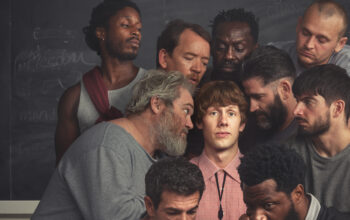
Facebook
Twitter
Instagram
YouTube
RSS